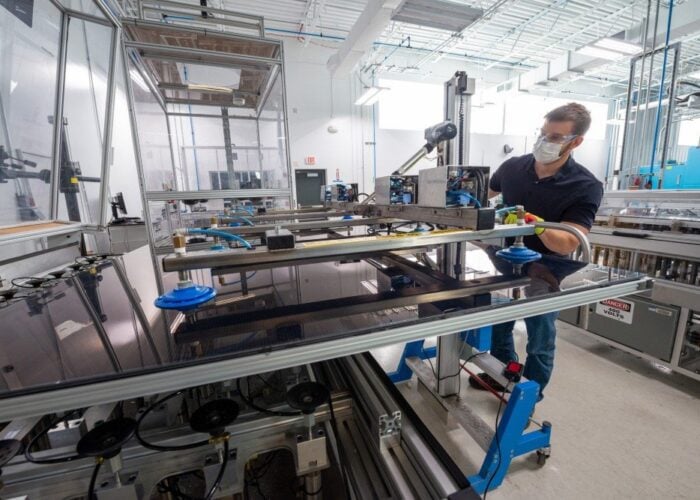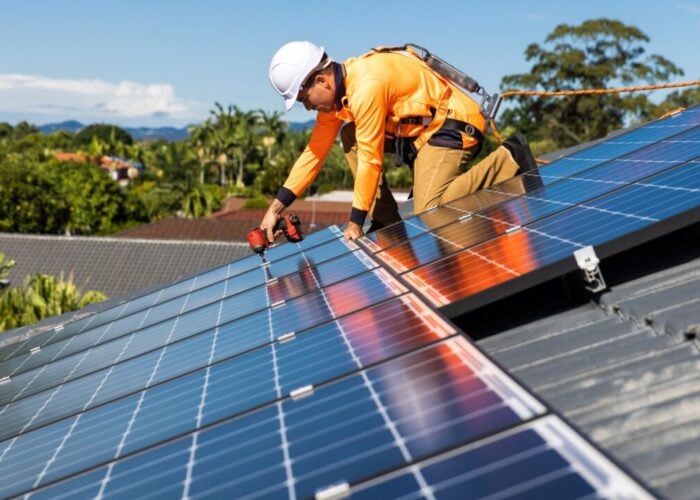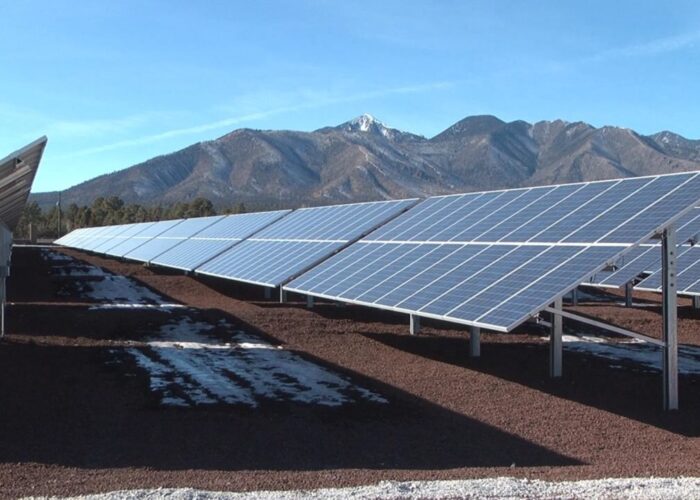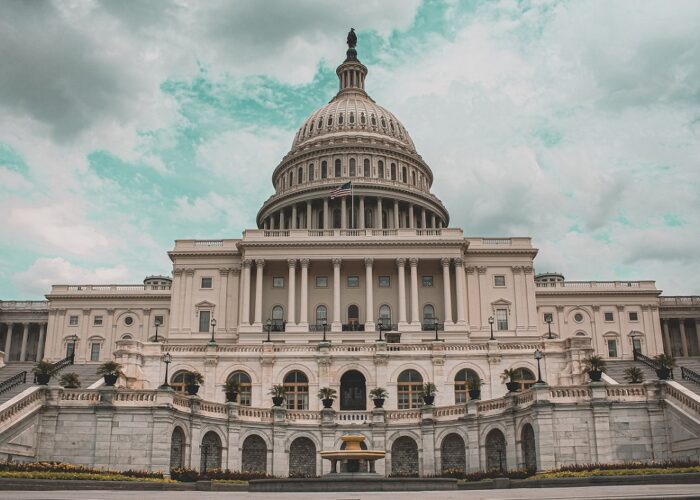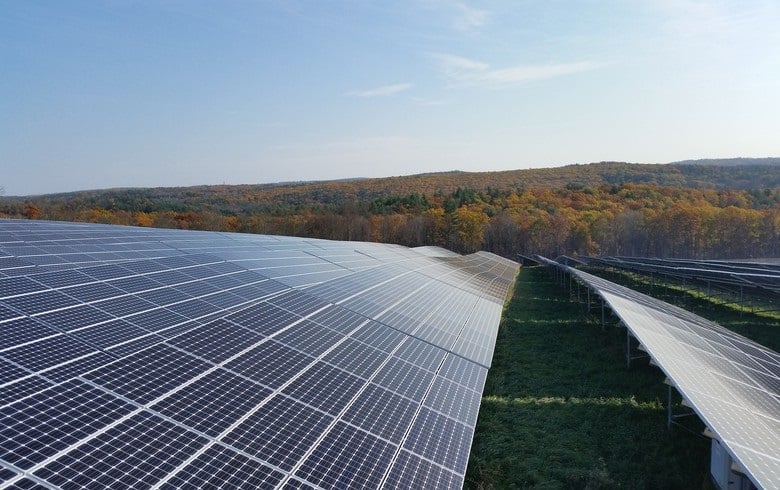
The Solar Energy Industries Association (SEIA) has unveiled a new environmental and social justice platform to improve access to employment within the renewables sector, and to low-cost clean energy across the US.
The document, called the Solar Industry Policy Principles on Environmental Justice & Equity, outlines specific environmental outcomes and policies the SEIA intends to support in order to “expand equitable access to solar energy and its benefits”. It includes potential government policies on tax, labour, energy access and climate change, and has been put together with input from SEIA members, diversity professionals, policy experts and a number of environmental campaign organisations.
Unlock unlimited access for 12 whole months of distinctive global analysis
Photovoltaics International is now included.
- Regular insight and analysis of the industry’s biggest developments
- In-depth interviews with the industry’s leading figures
- Unlimited digital access to the PV Tech Power journal catalogue
- Unlimited digital access to the Photovoltaics International journal catalogue
- Access to more than 1,000 technical papers
- Discounts on Solar Media’s portfolio of events, in-person and virtual
Abigail Ross Hopper, SEIA’s president and chief executive officer, said that environmental justice organisations have provided the trade body with a “clear roadmap” towards building a more diverse renewable energy sector, “and now it’s our turn to follow it and advocate for the policies that support frontline communities.”
Barriers for entry
The online document outlines several policies the SEIA intents to advocate and lobby for by working with local and federal government officials. It includes suggestions such as allocating government funds for developing the clean energy workforce, developing incubators for startups in the solar sector, and avoiding “creating barriers for entry” for people who may want to enter the renewables sector, but are constrained by their socio-economic background or personal circumstances. “Unions and organised labour, flexibility in job classification, prevailing wage policy, increased community college training programs, additional public funding for training and workforce development all have a role to play,” the document said.
In addition, the SEIA’s platform said that improving public education on the renewables sector within historically minority-attended colleges and universities will improve the racial diversity of both solar energy customers and workers, and suggested a clean energy curricula for trade or vocational schools, community colleges and other higher education institutions. The SEIA said in a statement that the US’ clean energy transition must “support communities that have historically been left behind by environmental policies”.
Erika Symmonds, vice president of workforce development at solar industry non-profit group GRID Alternatives, said she is “looking forward to the policy platform’s implementation” and continued oversight from environmental justice groups such as hers. Other non-profits that contributed to the new policy platform included Greenpeace, Vote Solar, Data for Progress and the National Association for the Advancement of Colored People.
As well as providing clear pathways to underserved communities and improving the solar workforce’s diversity, the document focuses on working closely with impacted communities on the siting and permitting processes for large-scale renewables projects, using solar energy to improve access to low-cost energy, and lobbying for tax policies that remove barriers to financing rooftop solar for lower-income households.
The SEIA will continue to review the document as the US solar sector grows under President Biden’s administration, which has set out a list of new policies and funding packages designed to promote research and development (R&D) within the solar, storage and wider renewable energy industry. Biden unveiled his own ‘American Jobs Plan’ towards the end of March, detailing stimulus packages in excess of US$2 trillion and, crucially for solar, including extensions on existing production tax credit (PTC) and investment tax credit (ITC) for clean power generation projects.



